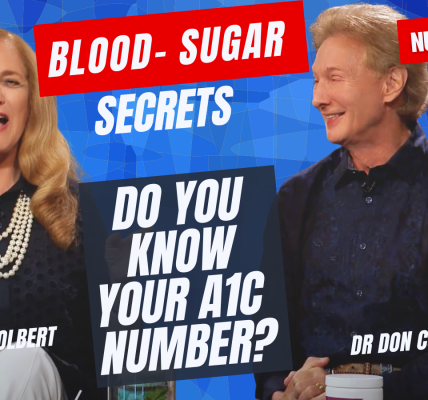Dr. Colbert has helped many, many female patients lose weight and turn their health around with the Keto Zone Diet. So we know the keto diet for women is effective. However, each woman is different, and there are a couple important special factors to consider for women following the diet.
Consideration #1: You May Experience Hormonal Changes
Women go through many hormonal changes during their lifecycle, including menstruation, menopause, and sometimes thyroid issues. Thankfully, most women actually experience an improvement in hormone balance on the keto diet—though not everyone’s the same.
Here are some things to consider:
- During the keto flu stage, you could experience temporary hormone changes, such as a change in menstruation, as your body adjusts to ketosis. This is normal and usually corrects itself once you’re in the Keto Zone, so pay attention to the changes but give your body time to regulate.
- Once you’re keto adapted and living in the Keto Zone, this is where the health benefits of a keto diet for women typically start to show. Things begin to even out.
- If you notice significant hormone-related changes after you’ve been on the diet for a while, you might try carb “refeeding.” This involves adding 50-100 grams of healthy carbs to your day, about once a week, and note any changes.
It’s also good to keep in mind the hormonal changes could just be a result of aging but consequently occurred around the time you started the diet. If you’re over 50 and this is the case, hormone replacement therapy may be something to consider.
Consideration #2: Be Cautious With Reduced Calorie Intake
Women are typically more sensitive to calorie deficits.
For example, a woman’s levels of the hunger hormone ghrelin can rise faster, leading them to feel hungry again more quickly than men. From a natural standpoint, this makes sense. When a women is pregnant or nursing, her body must respond more quickly to changes in diet and nutrition.
So, women’s systems are more fine-tuned to big changes that could impact health, such as switching from eating lots of carbs to a very-low-carb diet. And since the Keto Zone Diet is appetite suppressing, it can actually be difficult to get enough calories in the beginning.
Solution: Eat More Fat, Protein, and Possibly Calories
To offset this, you might try temporarily eating more fat (even more than the 70% of the Keto Zone Diet). This can ease the transition as your body gets used to the diet. Eating a little extra protein can help, too.
Your system goes through a transition period to get into the Keto Zone—and then again to get fat adapted. Eating more fat in the beginning can:
- Help you adapt to fat-burning more quickly.
- Tell your body that it has an abundance of food so it doesn’t try to hang onto fat stores.
- Help you feel emotionally more balanced. You can eat more (especially more fat!) and still experience weight loss and benefits of the diet.
After you’ve eaten more fat at the beginning of the diet and things have evened out, you can move back to a normal amount of fat for the Keto Zone Diet. Remember, this is 70% of total calories—and is especially helpful if you want to lose weight.
For the same reason above, calorie restriction (counting calories, weighing, or measuring food) and intermittent fasting when just starting the keto diet for women may not always be the best. These changes coupled with a big switch in diet may be too much for some women’s bodies initially.
And plus, you probably won’t have to try hard to restrict calories much on this diet; that’s the beauty of it! It’s more common for not eating enough to be a challenge more than eating too much.
Other than these two considerations on a keto diet for women, remember the importance of nutrition. Focus on as many nutrient-dense keto foods as you can. They’ll nourish your body as it goes through the fat-burning transition into the Keto Zone.
Also, give yourself grace if you slip up or hit some bumps in the road. The point is to make the Keto Zone a long-term lifestyle. It can take some time to figure out what works best for you—and that’s okay!
















What do you recommend if you start having some gallbladder issues after being on the Keto diet for 6 months? Do you take more enzymes, or other? I read where losing weight could cause some trouble with the gallbladder.
Hi Pam!
You will want to try taking ox-bile extract with each along with the FatZyme digestive enzymes. Temporarily cut back on your fat consumption as you start taking the bile. Slowly titrate your fat consumption back up to ketogenic levels over a week or so paying attention to your symptoms.
Hope this helps! Let us know if you have any other questions!